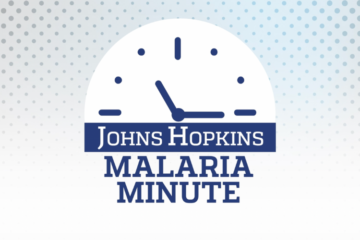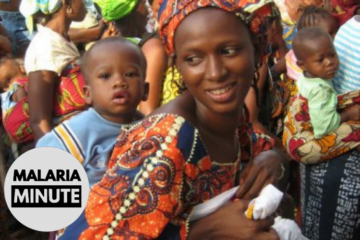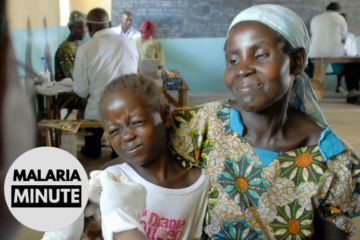The Latest Malaria News, in 60 Seconds.
Scientists evaluate chloroquine as a potential treatment for the coronavirus and, as it continues to spread around the world, a report in The Lancet stresses the need for preparedness in malaria-endemic regions.
Malaria Minute on iTunes and Spotify
Transcript:
Scientists are looking into whether the anti-malarial drug, chloroquine, could be an effective treatment for the novel coronavirus, COVID-19. The drug appears to by altering the acidity of the cellular compartments in which the virus is found to prevent viral activity, like replication, from taking place. Small-scale research into chloroquine’s impact on COVID-19 has demonstrated some success, although it’s not yet an approved treatment for the coronavirus and health agencies are warning against self-medication. Other drugs, like the Ebola drug remdesivir and the HIV treatment Kaletra, are also being considered.
And as the coronavirus continues to spread around the world, a report in The Lancet stresses the need for preparedness in malaria-endemic regions. It recommends case and contact tracing, quarantine measures and point-of-entry screening coupled with strong public health communications. The aim is to prevent overwhelming healthcare systems which would inevitably cause a greater number of deaths, as seen in the Ebola outbreak.
Sources:
A Systematic Review on the Efficacy and Safety of Chloroquine for the Treatment of COVID-19
Preparedness Is Essential for Malaria-Endemic Regions During the COVID-19 Pandemic
Image Credits: NIAID [Flickr]
Scientific Advisor: Katharine Collins, Radboud University Medical Centre


